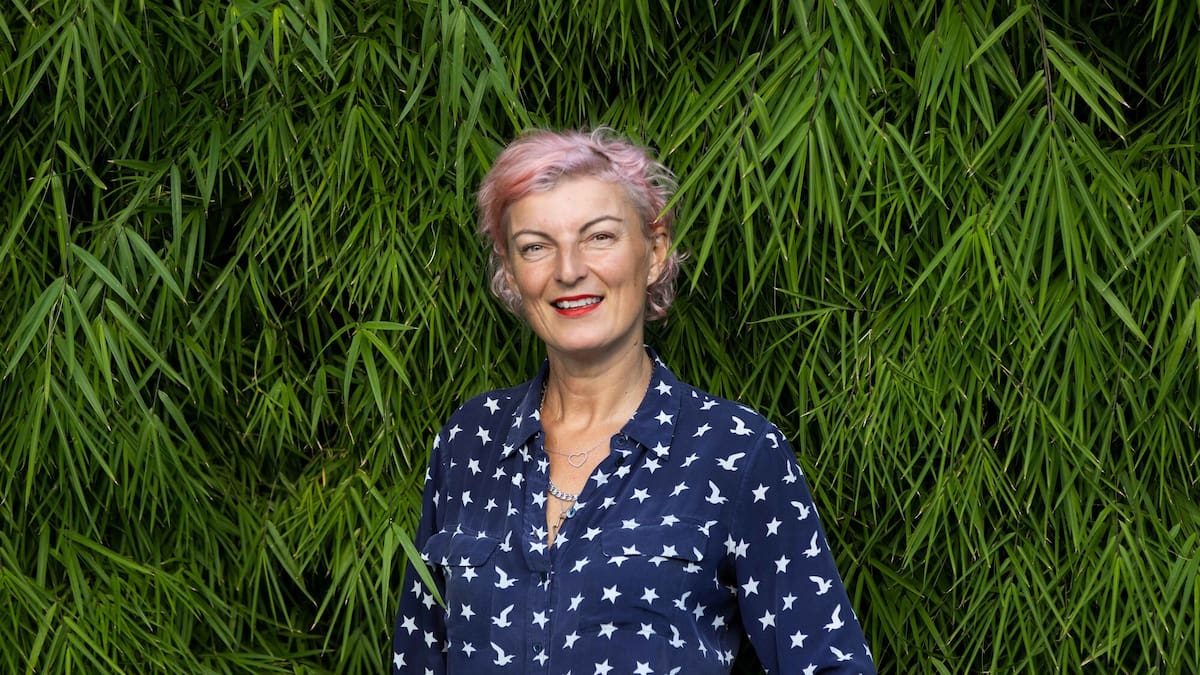“These are appallingly low figures, but what makes them worse is the disparity. One in 10 venture capital investments go to women-led businesses, yet they only receive 2.9% of the funding. It’s not an encouraging sign for our female leaders – even if their businesses get backing, they’ll only be getting a fraction of what other start-ups get.”
Jenny Rudd has herself sought funding, pitching her business Dispute Buddy on stage in Sydney to hundreds of investors.
By investment project numbers, only 10% of capital funding went to female-only start-ups (18 start-ups), as opposed to 68% male-led (128 start-ups) and 22% mixed-gender led (41 start-ups).
Rudd said it was not just a missed opportunity for women, but for the venture capital funders and the economy, although she acknowledged her lack of surprise when discovering the disparity.
“Myself and Dame Theresa Gattung [co-author] have been doing this for three years now in New Zealand. We had no data three years ago in New Zealand, and I knew the data in America and the UK and Australia, around not only the number of deals that went to women-founded teams, men-founded teams and mixed-gender teams, but I also knew this much smaller proportion of the dollars that go to those splits as well.
“Investment, particularly in the early stages, you’re really investing on the founder team. They’re building something that doesn’t exist, so you have to believe the founder and invest in the team. How does that subjectivity play out when investors make decisions? Ninety-three per cent of every venture capital dollar is controlled by white men and those people back founders that look like them.”
Rudd said the research found that female-only start-ups in New Zealand receive slightly more than those in the US (2.1% of all venture capital), the UK and Australia, making New Zealand slightly better placed than most other countries.
She also stressed to not reduce female-led start-ups through gender stereotypes as to what industries they are associated with, noting many tech start-ups are female-led.
Rudd is no stranger to seeking capital investment, starting her own legal tech start-up Dispute Buddy in 2022.
She’s had success receiving funding through Techstars venture capital in Sydney, as well as Epic Angels, a network of angel investors.
Key to gathering data has been the co-operation with the University of Auckland, who have ethics approval to gather the data, which Rudd said gave the venture capital industry confidence to divulge normally sensitive information.
Professor Christine Woods, director of the Aotearoa Centre for Enterprising Women at the University of Auckland Business School, led the data collection.
Woods said that quantifying the gap is an important first step in understanding why the discrepancy in funding occurs.
“Based on our data collection, female-only businesses received less than 3% of the start-up funding available in Aotearoa New Zealand. It’s a hard number to justify to the young undergraduate women I teach,” Woods said.
“Greater recognition of these inequities is an important step towards a commitment for more equitable funding decisions to help support tomorrow’s female entrepreneurs.”
Tom Raynel is a multimedia business journalist for the Herald, covering small business, retail and tourism.

